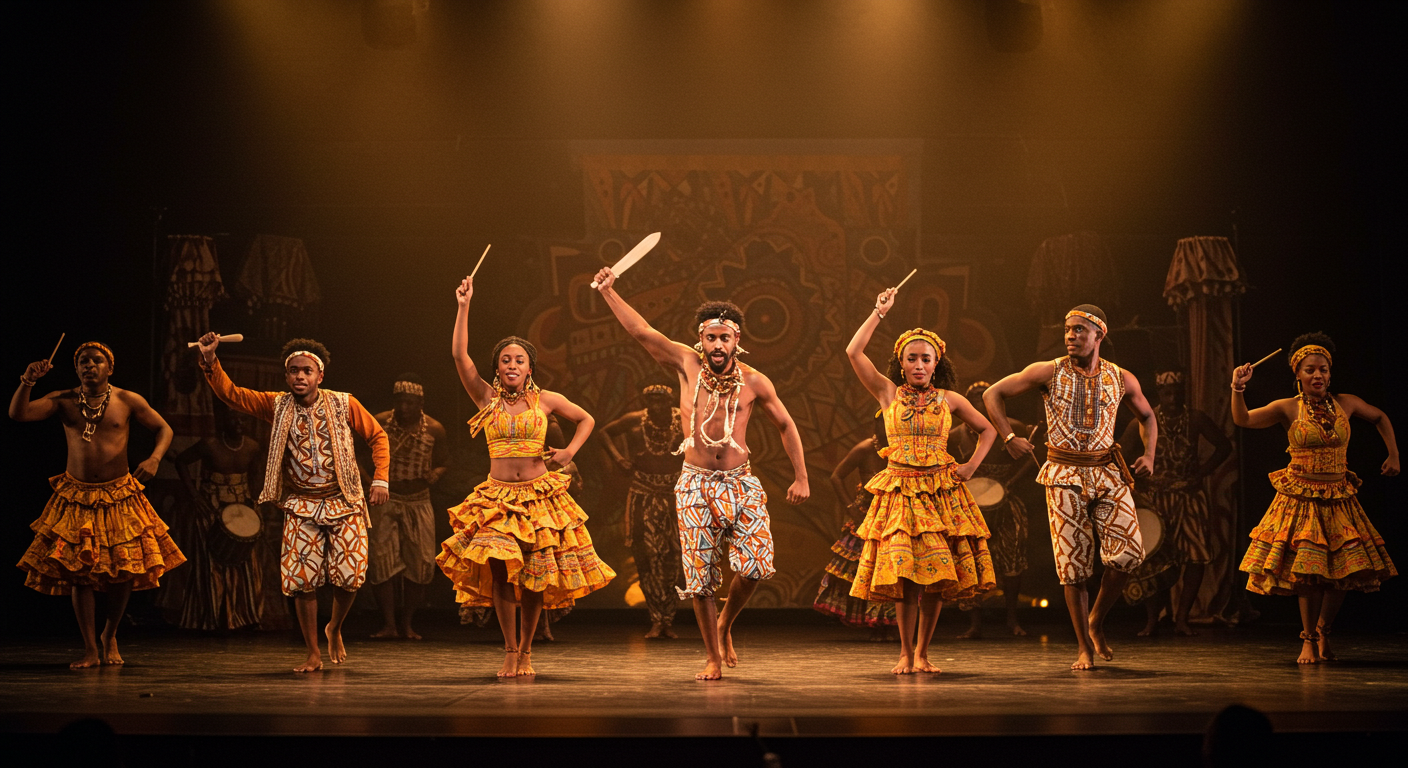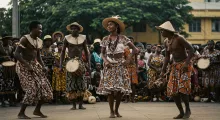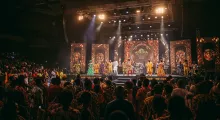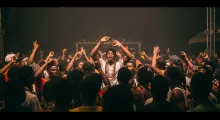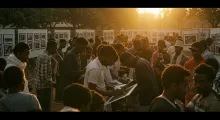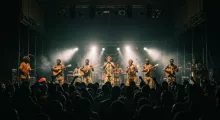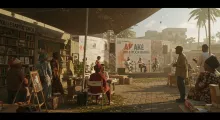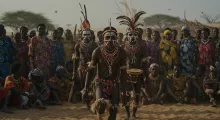Founded in 1977 by choreographer Chuck Davis, the BAM DanceAfrica Festival is the longest-running African dance festival in the U.S. It’s more than an event—it’s a spiritual call to the ancestors, a community ritual, and a global showcase of diasporic resilience through movement.
This year, the 2025 edition—happening May 23–26 (Memorial Day Weekend)—will honor the music, dance, and cultural heritage of Mozambique, while continuing its mission of linking the African continent with its diasporas.
The Power of Dance as Cultural Resistance
For Dr. Chuck Davis, the founding principle was simple: “Peace, love, and respect for everybody.” Through dance, he sought to restore dignity to African history, create healing spaces, and offer African Americans a platform to reclaim their ancestral bodies.
Hosted by the Brooklyn Academy of Music (BAM), DanceAfrica quickly became a national cultural institution.
Programming Overview
Each year’s edition centers on a theme country—this time, Mozambique—exploring its music, folklore, struggles, and triumphs. The program features:
Dance performances by African national troupes
American-based diaspora dance companies
Drumming circles and sacred dance rituals
A libation ceremony and ancestral procession
Street fairs, food festivals, film screenings, and visual art exhibits
Featured Performances (2025)
Companhia Nacional de Canto e Dança de Moçambique: showcasing traditional Mozambican dances like Xigubo, Marrabenta, and Mapiko mask performances.
Ballet Folklórico de Bahia: exploring Afro-Brazilian ties to Mozambique.
Asase Yaa African American Dance Theater: performing New York-style interpretations of pan-African dance.
Ancestral Processions and Rituals
Before the main performances, elders lead an Ancestral Libation Ceremony—pouring water and calling the names of enslaved ancestors who never made it home.
Attendees follow in a processional dance, dressed in white or traditional regalia, through the BAM Cultural District. It’s a moving memorial and spiritual alignment, rooted in Yoruba and Bantu cosmologies.
Dance Workshops & Youth Programs
Throughout the festival, the public can participate in:
Open dance workshops in African styles—Sabar, Kora, Umteyo, and Afrobeat
Youth drumming intensives
“Baby BAM” storytelling and crafts tents for children
There’s also a Black dance archive exhibit on African-American dancers and their African roots.
DanceAfrica Bazaar
The outdoor bazaar, spanning Ashland Place and Lafayette Avenue, is a community magnet. With over 150 vendors, you’ll find:
African textiles and fashion (dashikis, gele, kente, lace)
Black-owned wellness products, books, and jewelry
Mozambican carvings, masks, and musical instruments
Caribbean and West African street food like jollof, cassava balls, saltfish, and patties
Live DJs and drummers keep the pulse steady all weekend.
Why DanceAfrica is Iconic
Unlike most festivals, DanceAfrica is a ritual of remembrance, a performance of pride, and a classroom of living history. It’s not about spectacle—it’s about collective soul work.
Each year’s spotlight on a new African country fosters global solidarity, reminding audiences that African identity is not monolithic but beautifully varied and interconnected.
For Black families in Brooklyn, DanceAfrica is a spiritual and cultural homecoming—a tradition passed down like song.
